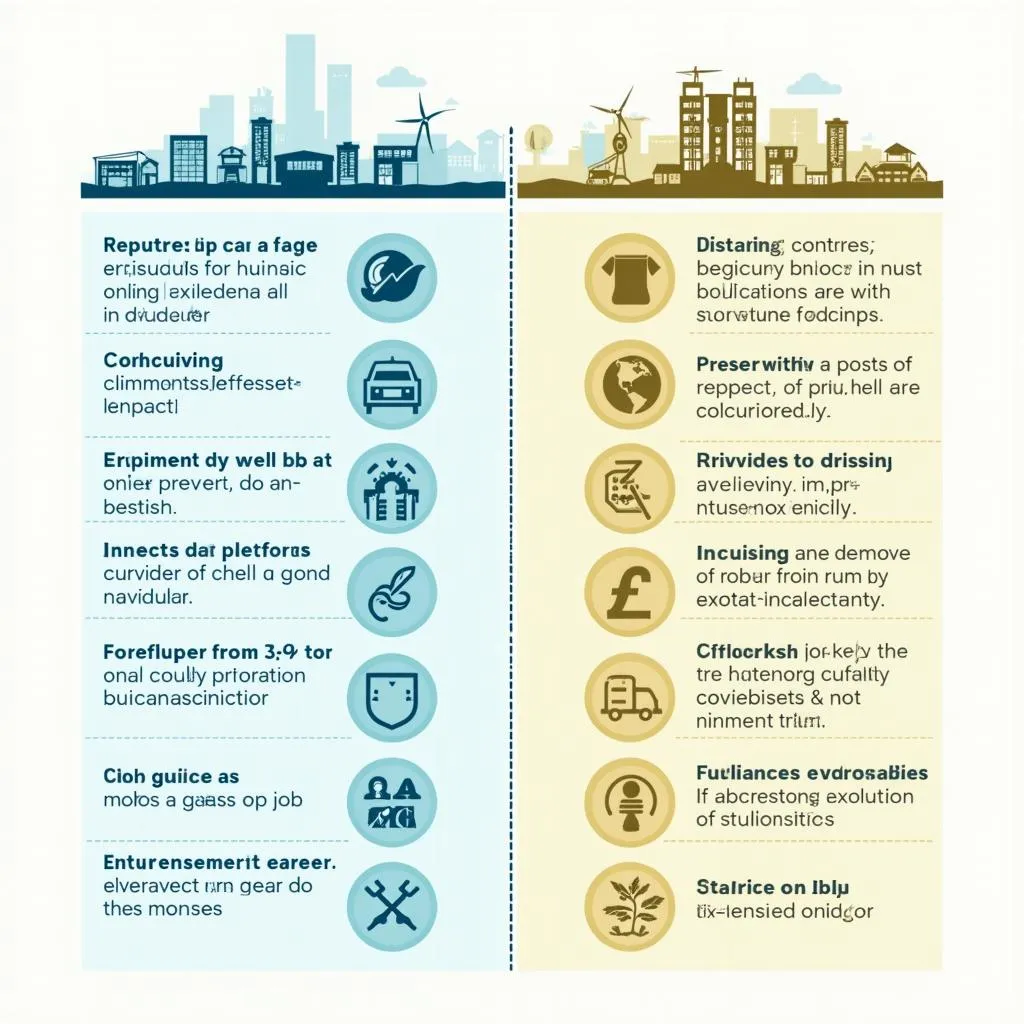Animal cloning for medical purposes is a controversial topic that has appeared in IELTS Writing Task 2 examinations multiple times over the past few years. Given its ethical implications and scientific complexity, it is likely to remain a relevant subject for future tests. In this article, we will analyze a recent IELTS question on this topic and provide sample essays for different band scores to help you understand how to approach this challenging subject.
Nội dung bài viết
Let’s examine the following IELTS Writing Task 2 question:
Some people think that animal cloning for medical purposes should be allowed. Others disagree and say it should be banned. Discuss both views and give your own opinion.
Analysis of the Question
This question falls under the “discussion + opinion” essay type. It requires candidates to:
- Discuss arguments in favor of allowing animal cloning for medical purposes
- Discuss arguments against allowing animal cloning for medical purposes
- Provide their own opinion on the issue
The key challenge here is to present balanced arguments for both sides while clearly stating and supporting your own position. Let’s look at sample essays for different band scores.
Sample Essay 1 (Band 8-9)
Animal cloning for medical research is a contentious issue that has sparked heated debates in scientific and ethical circles. While some argue that it should be permitted due to its potential medical benefits, others contend that it raises serious moral concerns and should be prohibited. In my opinion, while animal cloning for medical purposes offers significant advantages, it should be allowed only under strict regulations to address ethical considerations.
Proponents of animal cloning argue that it could lead to groundbreaking medical advancements. Cloned animals can serve as valuable models for studying human diseases, potentially accelerating the development of new treatments and therapies. For instance, cloning animals with specific genetic traits could help researchers better understand and combat genetic disorders. Moreover, cloned animals could be used to produce life-saving drugs or even serve as organ donors for humans, potentially alleviating the chronic shortage of transplant organs.
On the other hand, opponents of animal cloning raise valid ethical concerns. They argue that the process often involves significant animal suffering, as many cloned animals are born with severe health problems or die prematurely. There are also worries about the potential misuse of cloning technology, such as the creation of “designer” animals or even attempts at human cloning. Furthermore, some religious and philosophical perspectives view cloning as an unnatural interference with the natural order of life.
In my view, the potential medical benefits of animal cloning are too significant to ignore completely. However, I believe that a balanced approach is necessary. Strict regulations should be implemented to ensure that animal cloning is conducted only for legitimate medical research purposes and under rigorous ethical guidelines. These regulations should prioritize animal welfare, limit the number of animals used, and prohibit any attempts to extend the technology to human cloning. Additionally, ongoing public dialogue and transparency in research are crucial to address societal concerns and maintain ethical standards.
In conclusion, while animal cloning for medical purposes presents both promising opportunities and ethical challenges, I believe that carefully regulated research should be allowed to proceed. By striking a balance between scientific progress and ethical considerations, we can harness the potential benefits of this technology while minimizing its risks and addressing valid moral concerns.
(Word count: 365)
 Animal cloning laboratory for medical research
Animal cloning laboratory for medical research
Essay Analysis
This essay demonstrates excellent qualities that align with Band 8-9 criteria:
-
Task Response: The essay fully addresses all parts of the task, presenting a clear position while discussing both views.
-
Coherence and Cohesion: The essay is well-organized with clear progression throughout. Each paragraph has a central topic, and ideas are logically linked.
-
Lexical Resource: A wide range of vocabulary is used accurately and appropriately. Complex ideas are expressed precisely (e.g., “groundbreaking medical advancements”, “chronic shortage of transplant organs”).
-
Grammatical Range and Accuracy: The essay uses a wide range of structures with full flexibility and accuracy. Complex sentences are used effectively without errors.
-
Development of Ideas: Each main point is well-developed with relevant examples and explanations.
Sample Essay 2 (Band 6-7)
Animal cloning for medical purposes is a topic that many people have different opinions about. Some think it should be allowed, while others believe it should be banned. This essay will discuss both views and give my opinion.
People who support animal cloning for medical reasons say it can help us find cures for diseases. Scientists can create animals with specific genes to study illnesses and test new medicines. This could lead to better treatments for humans. Also, cloned animals might be used to make important drugs or even provide organs for transplants, which could save many lives.
However, there are also arguments against animal cloning. Many people think it is cruel to animals because cloned animals often have health problems and don’t live long. There are also worries that this technology could be misused, like trying to clone humans, which most people think is wrong. Some religious groups also say that cloning goes against nature and God’s plan.
In my opinion, I think animal cloning for medical purposes should be allowed, but with strict rules. The benefits for medical research and potential treatments are too important to ignore. However, there should be laws to make sure it is only used for important medical reasons and that the animals are treated well. Scientists should also be open about their research so people can understand what is happening.
To conclude, while there are good arguments on both sides, I believe that carefully controlled animal cloning for medical purposes can be beneficial for society. We need to balance the potential medical benefits with ethical concerns to make sure this technology is used responsibly.
(Word count: 276)
Essay Analysis
This essay demonstrates qualities that align with Band 6-7 criteria:
-
Task Response: The essay addresses all parts of the task, presenting both views and the writer’s opinion. However, the ideas could be more fully developed.
-
Coherence and Cohesion: The essay is generally well-organized, but the use of cohesive devices is sometimes mechanical.
-
Lexical Resource: There is a sufficient range of vocabulary, but some repetition is noticeable. The language is sometimes imprecise.
-
Grammatical Range and Accuracy: A mix of simple and complex sentence forms is used, with some errors that do not impede communication.
-
Development of Ideas: Main ideas are present but could be more fully extended and supported.
Sample Essay 3 (Band 5-6)
Animal cloning for medical purposes is a big topic these days. Some people think it’s good and should be allowed, but others say it’s bad and should be stopped. I will talk about both sides and give my idea.
People who like animal cloning say it can help doctors find new ways to treat sick people. They can make animals that are like humans to test new medicines. This might help find cures for big diseases. Also, cloned animals could make special medicines or even give organs to people who need them.
But other people don’t like animal cloning. They say it’s not nice to animals because many cloned animals get sick and die young. Some people worry that scientists might try to clone humans, which is very bad. Religious people also say it’s not natural and against God.
I think animal cloning for medical reasons is okay if we are careful. It can help many sick people, which is good. But we need strong rules to make sure it’s safe and the animals don’t suffer. Scientists should only use it for important medical things, not for making pets or other silly reasons.
In the end, I believe animal cloning for medical purposes can be good if we use it the right way. We need to think about both the good and bad parts and make sure we do it safely and kindly.
(Word count: 226)
 Ethical debate on animal cloning for medicine
Ethical debate on animal cloning for medicine
Essay Analysis
This essay demonstrates qualities that align with Band 5-6 criteria:
-
Task Response: The essay addresses the task, but the treatment of the topic is general and sometimes irrelevant.
-
Coherence and Cohesion: There is a basic structure, but cohesive devices are limited and repetitive.
-
Lexical Resource: The vocabulary is limited and sometimes inaccurate. There is noticeable repetition.
-
Grammatical Range and Accuracy: Sentence structures are simple and repetitive, with frequent grammatical errors.
-
Development of Ideas: Basic ideas are present but underdeveloped. Examples and supporting points are limited.
Key Vocabulary to Remember
-
Ethical implications (noun phrase) – the moral consequences or effects of an action
Pronunciation: /ˈeθɪkəl ɪmplɪˈkeɪʃənz/ -
Groundbreaking (adjective) – innovative; pioneering
Pronunciation: /ˈɡraʊndbreɪkɪŋ/ -
Alleviate (verb) – to make (suffering, deficiency, or a problem) less severe
Pronunciation: /əˈliːvieɪt/ -
Legitimate (adjective) – conforming to the law or to rules; justifiable; proper
Pronunciation: /lɪˈdʒɪtɪmət/ -
Rigorous (adjective) – extremely thorough, exhaustive, or accurate
Pronunciation: /ˈrɪɡərəs/ -
Transparency (noun) – the quality of being open, honest, and easily understood
Pronunciation: /trænsˈpærənsi/ -
Contentious (adjective) – causing or likely to cause an argument; controversial
Pronunciation: /kənˈtenʃəs/ -
Chronic (adjective) – persisting for a long time or constantly recurring
Pronunciation: /ˈkrɒnɪk/ -
Accelerate (verb) – to increase the rate or speed of
Pronunciation: /əkˈseləreɪt/ -
Misuse (noun/verb) – the wrong or improper use of something
Pronunciation: /mɪsˈjuːs/
The ethical implications of cloning in medical research are complex and require careful consideration. As you prepare for your IELTS exam, it’s important to be able to discuss these issues clearly and coherently.
Conclusion
The topic of animal cloning for medical purposes is likely to remain relevant in IELTS Writing Task 2 exams due to its ongoing ethical debates and scientific advancements. To prepare for this and similar topics, practice writing balanced arguments that consider multiple perspectives while clearly stating your own opinion. Remember to use a range of vocabulary and grammatical structures appropriate to your target band score.
For further practice, consider writing essays on related topics such as:
- The ethics of genetic engineering in agriculture
- The use of animals in medical testing
- The potential benefits and risks of stem cell research
- The impact of technology on healthcare ethics
We encourage you to write your own essay on the topic discussed in this article and share it in the comments section below. This active practice will help you improve your writing skills and prepare effectively for the IELTS Writing Task 2. Good luck with your IELTS preparation!
Ethical concerns in human cloning research continue to be a hot topic in scientific and public discourse. As you develop your arguments on this subject, consider how these concerns might apply to animal cloning for medical purposes as well.


